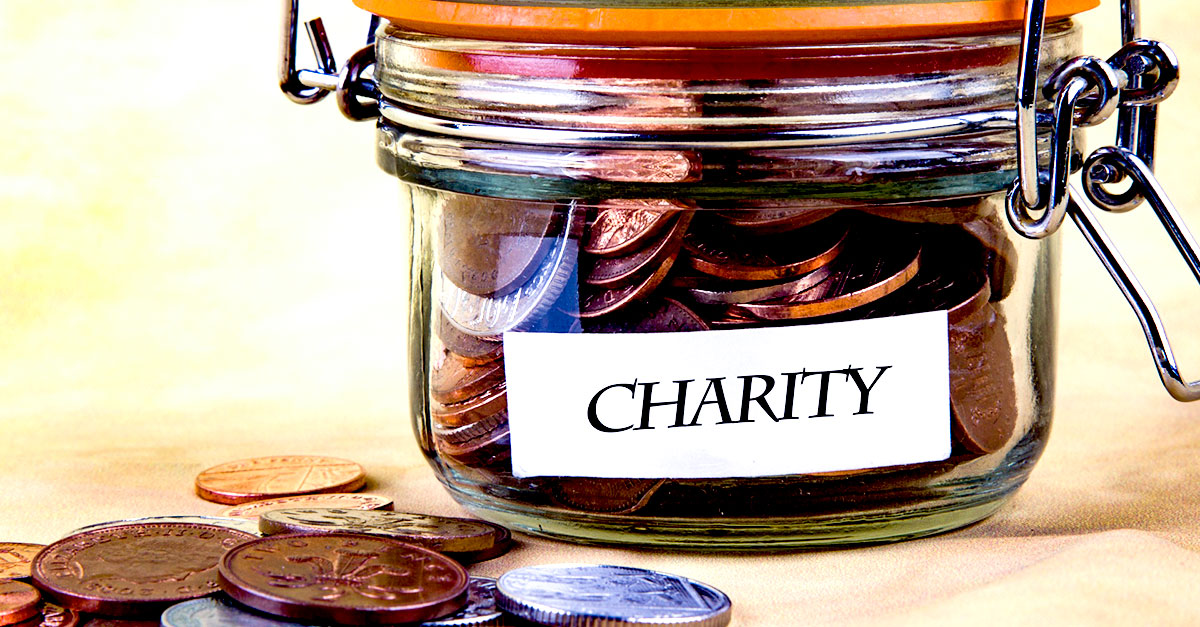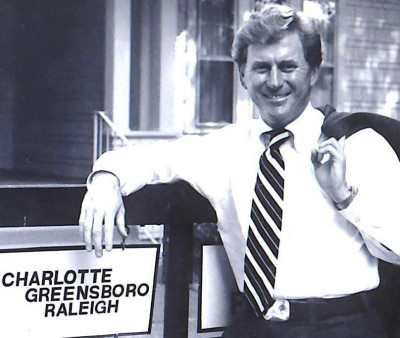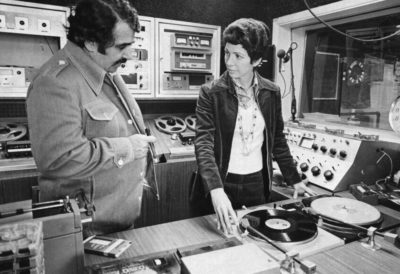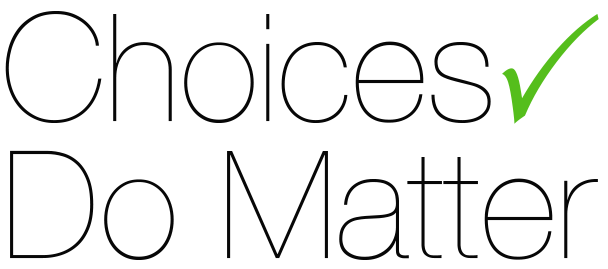
“The highest form of charity is to help sustain a person before they become impoverished …” – Mishneh Torah, Laws of Charity, 10:7–14
I wasn’t looking for charity in 1979, but that’s what my friend offered.

I had started my own business so my family could enjoy the good life. Sure, I knew it would be hard and that there would be struggles, but I also believed I could make it all workout – in time.
Charlotte was different then. The buildings weren’t as tall, and even the important people lived closer to the streets. Everyone took time to visit, getting to know each other was important in those days.
So I wasn’t surprised when a stranger walked into my small office. The surprise was in meeting someone who’s ancestors had been in this country longer than anyone I had ever met.
Puny was an Native American, standing every bit of 6’ 3.” He looked like he had played football when he was younger. I got his company name right but needed to ask for help with his own. “Yes, It’s Puny,” he smiled. The contrast between his size and his name was funny, making it easy to remember.

Puny Mann was the top salesman at 610 AM WAYS, the popular “Big WAYS station created by Sis and Stan Kaplan. The station is now known as WFNZ.
He had stopped in to visit because I was selling groceries and groceries were big business at WAYS. He invited me to join him for the monthly meeting of the area food dealers, he even offered to introduce me to a few of his friends.
I arrived early, wrote out my, Hello, I’m Bruce tag, then stood to one side. I didn’t know those guys, but Puny was a “connector,” and before long he had everyone gathered around us, all telling stories of their own first days in Charlotte, how they had started, and what they were doing now. By the end of the evening I’d exchanged business cards with over a dozen new friends. I promised to call each soon.
Those monthly meetings always ended with a drawing for small prizes, but you had to be present to win. I can still hear Puny, from the back of the room, yelling, “Shake ’Um Up!” He wanted the tickets evenly distributed and for everyone who stayed in the game to have a chance for a prize.
Puny didn’t think of what he did for me as charity. It was just all part of an emerging city, reasons why my new home town became a symbol of The New South. Our strength was in each person taking time to visit and to welcome a stranger.
I had wanted to be a self-made man, to do it all by myself. What I now realize is how my success was helped by people like Puny. They did for me what is called Tzedakah, a Hebrew word for justice and righteousness. It’s the highest level of giving in the Jewish faith tradition. Tzedakah is the recognition that we need each other, and how none of us ever do it all on our own.
Today I want to be more like Puny, offering a hand up instead of a begrudging hand out. How about you?
Do you know the eight levels of charity? Do you know how the lowest level is tossing a few coins in the cup of a homeless neighbor, or reluctantly pledging to your house of faith?
Have you had people like Puny in your life? Can you tell me about the hand up they gave you? Or, do you think everyone should get a job and pull themselves up by their own bootstraps?
When could a simple act of kindness be the highest level of friendship, and charity?
As always, the conversation starts here.
“In the ordinary choices of every day we begin to change the direction of our lives.” – Eknath Easwaran
Epilogue
This video helps me understand the Jewish tradition of Tzedakah. See if it helps you.

Stan and Sis were great examples of this. Fine entrepreurs and community minded folks in the tradition. I didn’t know Puny, so thanks for the introduction to him and what he represented for you and others, and to the eight levels of charity, which are also new to me.
John – I agree – Stan and Sis were unique. I wish I had known them better. Puny was a good friend for years. Do you think Charlotte is as welcoming today as after earning the reputation as The Capital of The New South? Some of our new neighbors don’t think so. Tzedakah was a name for charity I also didn’t understand until I thought of the ways I had been helped. Have you had some Tzedakah along the way, but didn’t know its name, didn’t even know you were taking charity? I want to practice it more. Thanks for… Read more »
A beautiful story about my dad, Puny. He certainly was a great man
Laurie – I’m glad you found the story. Yes, your dad was one of a kind – a treasure. Puny stopped by my office in those early days, always eager to help, introduce me to others, even loaning me the beach house in Cherry Grove. I lost track of him as our business moved away from retail grocery into the institutional and foodservice trade. I regret not knowing him longer, but I’m grateful for his yelling, “Shake ’Um Up!” Because you see, he always wanted everyone in the game to have a chance. It was 1980 when I met your… Read more »
Every now and then I google dads name. And occasionally I find another beautiful article like this. Thank you.
Puny Mann is my grandfather, and this article just fills my heart. Thank you.
Ashley –
Your grandfather was special. He was, without doubt, the most open and caring person I’ve ever met. You must be very proud.
Thanks for connecting. I hope you and your mother are safe at this uncertain time. As for Puny, I’m sure he would be in the middle of it all, doing his thing, and wearing a mask.
– Bruce
Hello, thanks for your piece about a Mann named Puny. It is so rare to meet a guy like that and when you did he would change the way that you looked at life. The reason why I so strongly believed in Puny was because Puny was my father and my name is Bruiser. Being a son of a guy such as Puny, it allowed all 4 of us to see the world differently. We had fun in our family while at the same time he taught us all to be winners! Each night as I pray, I always thank… Read more »
Hi Bruiser, It makes me happy for you and your family to have found my 2017 story. Your dad was special to me, as I know he was to you. It sounds like he taught you well.
Stay safe in these uncertain times,
– Bruce